Alcohol and Depression Treatment
Alcohol and depression are interrelated health issues that often co-occur, leading to a complex and challenging treatment process. As a rehab center specializing in Medicaid services, Alpine Recovery recognizes the need to address these issues to promote long-term recovery and overall well-being.
The link between alcohol use and depression is complex and multifaceted, with alcohol often being used as a form of self-medication to cope with the symptoms of depression. However, this can lead to a cycle of addiction and worsened mental health outcomes.
Traditional treatment approaches for depression can also be complicated by alcohol use, which can interfere with medication efficacy and psychotherapy outcomes.
There are several options and approaches to addressing problematic drinking, and it’s essential to understand what best suits your particular lifestyle or situation. Contact us at the Alpine Recovery Center for more information. We are the best Colorado Medicaid alcohol rehab program. Call us at 720-704-2883.

How Alcohol and Depression Coexist
Alcohol and depression are often co-occurring health issues, with each one potentially exacerbating the other. For example, individuals with depression may turn to alcohol as a form of self-medication to temporarily alleviate symptoms of depression, but this can ultimately worsen the condition over time. Conversely, heavy and chronic alcohol use can lead to depressive symptoms, even in individuals who did not previously have a history of depression. This is due to the fact that alcohol is a depressant that can disrupt brain chemistry and lead to the development of depressive symptoms. The interplay between alcohol use and depression can create a vicious cycle that can be difficult to break without professional help.
At Alpine Recovery, we understand the complexity of treating co-occurring depression and alcohol use disorders. As a result, we offer comprehensive, integrated treatment approaches to help individuals achieve lasting recovery and improved mental health outcomes.
Effects of Alcohol on Depression Treatment
Alcohol use can interfere with traditional depression treatment methods, making it more challenging to manage depressive symptoms effectively. Here are some ways that alcohol use can impact depression treatment:
- Medication efficacy: Alcohol can interfere with the effectiveness of medication prescribed to treat depression. Alcohol is a depressant that can worsen depressive symptoms and reduce the effectiveness of the antidepressant medication. Additionally, alcohol can interfere with the metabolism of certain medications, leading to potentially dangerous interactions.
- Psychotherapy outcomes: Alcohol use can also interfere with the effectiveness of psychotherapy for depression. Alcohol can impair cognitive function and lead to memory deficits, making engaging in therapy and applying the skills learned in therapy sessions more challenging. Additionally, alcohol can reduce the motivation to engage in medicine, hindering progress and reducing treatment outcomes.
- Impaired decision-making: Alcohol use can impair decision-making, making adhering to treatment plans and healthy lifestyle choices more challenging. This can lead to poor medication adherence, missed therapy sessions, and other negative consequences impacting treatment outcomes.
- Increased risk of relapse: Alcohol use can increase the risk of relapse for individuals with depression. Alcohol is a highly addictive substance, and individuals who use alcohol as a form of self-medication may be at a higher risk of developing an alcohol use disorder. Additionally, individuals with co-occurring depression and alcohol use conditions may be more likely to experience depressive symptoms following alcohol use or relapse.
It is important to address both depression and alcohol use disorders simultaneously to manage symptoms and promote lasting recovery effectively. At Alpine Recovery, we offer integrated treatment approaches that address both issues, providing individuals with the support and tools they need to achieve improved mental health outcomes.
Alcohol use and depression symptoms
Alcohol use and depression symptoms are often interconnected, and alcohol can profoundly impact an individual’s mental health. For example, here are some ways that alcohol use can exacerbate depressive symptoms:
- Emotional instability: Alcohol use can lead to emotional instability, making it more difficult to regulate emotions and manage depressive symptoms. This can lead to increased feelings of sadness, hopelessness, and anxiety.
- Sleep disturbances: Alcohol use can also disrupt sleep, further exacerbating depressive symptoms. Individuals with depression may already experience sleep disturbances, and alcohol can make falling and staying asleep more difficult.
- Fatigue: Alcohol can also cause fatigue, making it more challenging to engage in everyday activities and manage depressive symptoms. Additionally, fatigue can make adhering to treatment plans and healthy lifestyle choices more difficult.
- Social isolation: Alcohol use can also lead to social isolation, exacerbating depressive symptoms. Individuals may withdraw from social activities and become more isolated, reducing social support and coaching to feelings of loneliness and hopelessness.
Seeking professional help is essential for individuals struggling with depression and alcohol use. At Alpine Recovery, we offer a range of evidence-based treatment approaches to help individuals manage depressive symptoms and achieve lasting recovery from alcohol use disorders. By addressing both issues simultaneously, individuals are better equipped to handle signs and improve their overall quality of life.

FAQ – Alcohol and Depression Treatment
Can alcohol use cause depression?
Yes, alcohol use has been linked to depression. While some individuals use alcohol as a form of self-medication for depression, alcohol can also disrupt the brain’s natural chemistry and cause depressive symptoms.
How does alcohol use affect depression treatment?
Alcohol use can interfere with traditional depression treatment methods, such as medication and psychotherapy. It can also worsen depressive symptoms and lead to a cycle of addiction and poor mental health outcomes.
Can depression and alcohol use be treated simultaneously?
An integrated treatment approach that addresses depression and alcohol use can be highly effective. By addressing both issues simultaneously, individuals are better equipped to achieve lasting recovery and improved mental health outcomes.
Is medication effective for treating depression and alcohol use disorders?
Medication can effectively treat depression and alcohol use disorders. However, it is important to work with a healthcare professional to determine the best course of treatment for your individual needs.
How can I find help for depression and alcohol use?
If you or a loved one is struggling with depression and alcohol use, it is important to seek professional help. Alpine Recovery is a rehab center specializing in providing Medicaid services and can help individuals navigate the treatment process. Additionally, you can speak with a healthcare provider or contact a local mental health organization for more information and resources.
Alcohol as a Form of Self-Medication for Depression
Alcohol is often used as a form of self-medication to cope with the symptoms of depression. Self-medication refers to using a substance or behavior to alleviate mental health disorder symptoms without professional guidance or intervention. In the case of depression, individuals may turn to alcohol to numb painful emotions or temporarily alleviate sadness and hopelessness. Alcohol can provide a sense of relief and temporary escape from emotional distress, which may feel like a solution.
However, while alcohol may provide temporary relief, it is not an effective long-term solution for managing depression. In fact, using alcohol as a coping mechanism for depression can be dangerous and lead to a cycle of addiction and worsened mental health outcomes.
Alcohol is a depressant, which means it can worsen depressive symptoms, including feelings of sadness, hopelessness, and low energy. Additionally, alcohol use can increase the risk of suicide and lead to other negative consequences, such as impaired decision-making and poor social functioning.
It is important to note that self-medication is a common coping mechanism for individuals with mental health disorders, including depression. However, seeking professional help and utilizing evidence-based treatment methods is a more effective and sustainable solution.
At Alpine Recovery, we understand the complexity of treating co-occurring depression and alcohol use disorders and offer integrated treatment approaches that address both issues simultaneously. We aim to help individuals achieve lasting recovery and improved mental health outcomes by providing comprehensive care and support.

Treatment for Co-Occurring Depression and Alcohol Use Disorder
Treatment for co-occurring depression and alcohol use disorder can be complex. Still, individuals need help to achieve lasting recovery and improved mental health outcomes. At Alpine Recovery, we offer integrated treatment approaches that address both issues simultaneously, providing individuals with the tools and support they need to achieve their recovery goals. Here are some treatment approaches that may be used:
- Medication-assisted treatment: Medication-assisted treatment (MAT) can be effective for individuals with co-occurring depression and alcohol use disorders. Medications can help manage depressive symptoms and reduce alcohol cravings, making achieving and maintaining sobriety easier.
- Psychotherapy: Psychotherapy is an essential component of treatment for co-occurring depression and alcohol use disorders. Therapists can help individuals address underlying emotional issues and develop coping strategies to manage depressive symptoms and alcohol cravings.
- Group therapy: Group therapy can provide social support and help individuals build community and connection. This can be particularly important for individuals with co-occurring depression and alcohol use disorders experiencing social isolation.
- Holistic therapies: Holistic therapies like meditation and yoga can help individuals manage stress and promote overall well-being. These therapies can be beneficial for individuals with co-occurring depression and alcohol use disorders who may be experiencing heightened levels of stress and emotional instability.
By utilizing a comprehensive and integrated approach to treatment, individuals with co-occurring depression and alcohol use disorders can achieve lasting recovery and improved mental health outcomes. At Alpine Recovery, we understand the complexity of treating co-occurring conditions and offer a range of evidence-based treatment approaches to help individuals achieve their recovery goals.
Medicaid Alcohol Rehab At Alpine Recovery Center, Colorado
The Alpine Recovery Center is one of the Medicaid Rehab in Colorado. The centers give treatment programs to people struggling with alcohol addiction with Medicaid insurance. Alpine Recovery center does not treat substance abuse only. Instead, they get to the root cause of the habit and work on the underlying causes of substance addiction.
To learn more about our addiction treatment programs and Medicaid insurance programs, contact us today at 720-704-2883.










